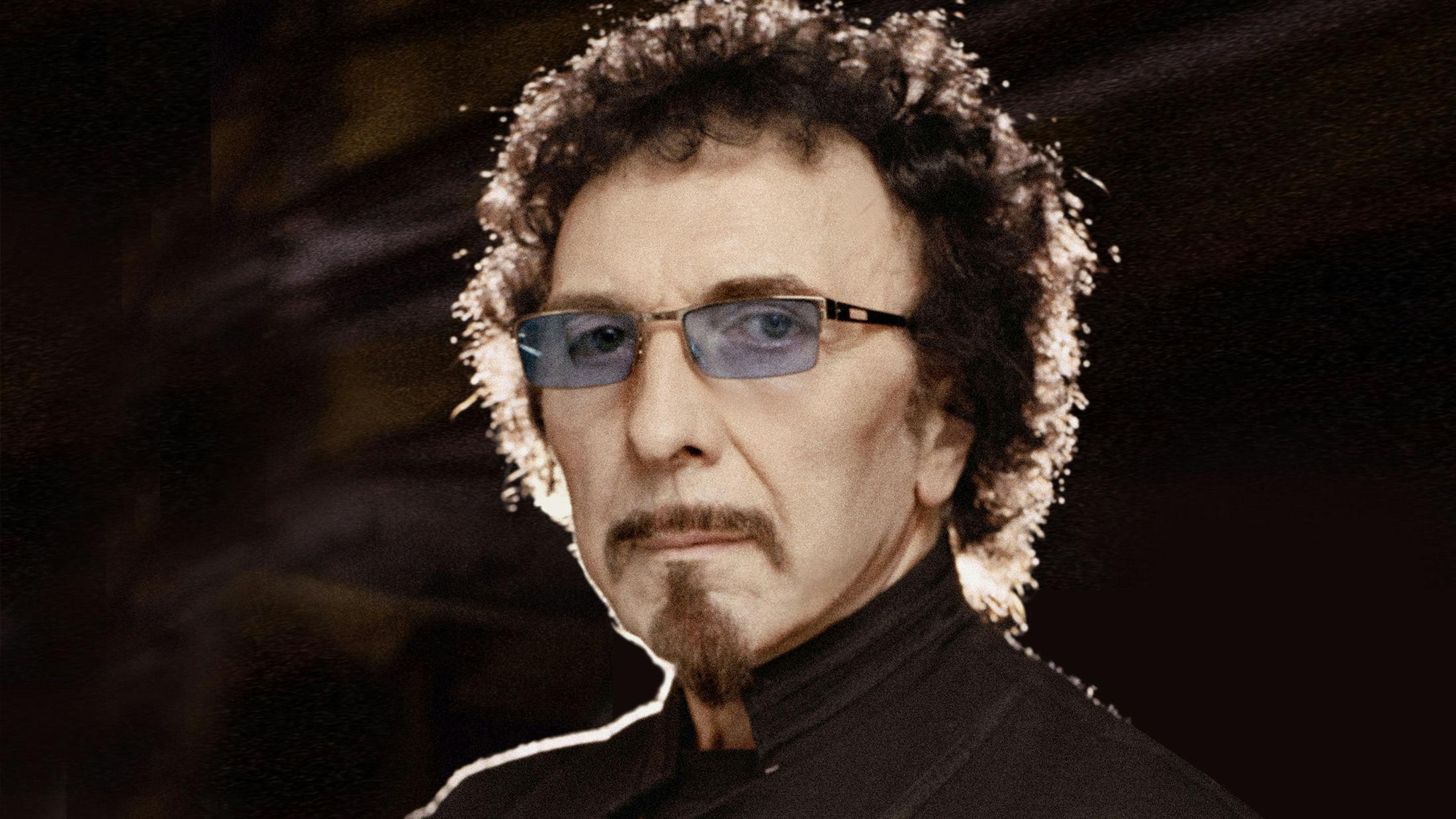However, this wasn’t always the case. While Sabbath became phenomenally successful in the ‘70s, thanks to genre-defining albums like Paranoid (1970) and Master Of Reality (1971), the band’s music and whole black-clad vibe was often sneered at by the music industry, the press, and even other bands. And Tony and his bandmates just thought, ‘Bollocks to ‘em!’
“We got slagged left, right and centre from the off,” he chuckles. “‘This will never last,’ all that stuff. But then the first album went in the charts, I couldn’t believe it. It was such a fantastic feeling. And later when Paranoid came out, we realised, ‘God, people like it. This is great.’ It was such an amazing thing to pull through all that, and not give up.”
Tony has never given up. He is the backbone of Black Sabbath – not just their key music writer, but the one constant in a band who have had 25 members over the years, through times of being an icon and times of being uncool. It was this hard-working attitude that also literally helped save his life when he was undergoing treatment for non-Hodgkin lymphoma in 2013. While the entire world would have understood if a man battling cancer had put work on Sabbath’s 13 comeback record on the back-burner, Tony found strength from having it to focus on.
“It’s so easy to sit down and feel sorry for yourself, and then you really go downhill. I wanted to keep up, and music certainly helped me,” he recalls. “Being able to come into my house to work [in the studio there] was great, because it meant I didn’t have to travel and if I felt ill I could go to bed. But it was great to be able to still keep playing and take my mind off everything.”
And there’s still no rest for the wicked, with Tony revealing that he’s got “thousands of riffs” he needs to go through, with a view to doing… something with them.
“I don’t know what to do with them yet,” he confesses. “Whether to make a riff album like I was talking about with [Queen guitarist] Brian May, or to make them into songs. I don’t know. There’s a lot of things in my head that I want to do, it’s just being able to get the chance to do them all – I can’t do everything at once.”
And this is why Tony Iommi is such an icon, with even his beloved home city of Birmingham giving him props (“There’s talk of a Black Sabbath bridge, and a bench with our faces!” he laughs). Because, despite having earned the right to put his feet up after five decades of hard graft and changing the world of music, he can’t help wondering what’s next. And we’re excited.
Words: Nick Ruskell
Originally published in Kerrang! issue 1728
